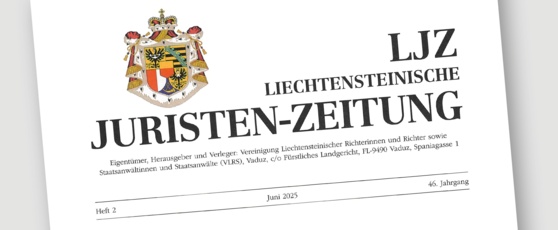Equality between women and men – on the way for over forty years, but not yet there
It was only after the inclusion of the gender equality article in the constitution in 1992 that the State Court was able to repeal legal provisions that violated the gender equality requirement. However, after 2000, the State Court no longer handed down a ruling based on a violation of the provision on gender equality.
In recent years, legislative activities have been triggered primarily by EEA law (keyword: parental leave) or by accession to the Istanbul Convention. This protects against gender-specific violence and domestic violence. The UN Convention on the Elimination of All Forms of Discrimination against Women (CEDAW) also provides an opportunity to review law and practice. Its implementation is reviewed by experts appointed by the UN.
Patricia Schiess’ study also shows how Liechtenstein has benefited over the years from revisions made by its neighbouring countries, particularly in social security law (to provide better protection for mothers) and in marriage, inheritance and family law (to implement the partnership principle). However, Liechtenstein has not adopted the provisions on equal pay analysis currently contained in the Swiss Gender Equality Act, although Liechtenstein voluntarily adopted the Swiss Gender Equality Act in 1999. Liechtenstein is in a special situation in that its constitution declares the Roman Catholic Church to be a national church. For several years, the country has been discussing the elimination of unequal legal treatment of other religious communities. Patricia Schiess’ article ends with the plea that the fight against sexualized violence and for equal treatment of all people within the churches and religious communities must be addressed.
The article is the result of many years of work on the topic of gender equality by the research officer at the Liechtenstein Institute.









